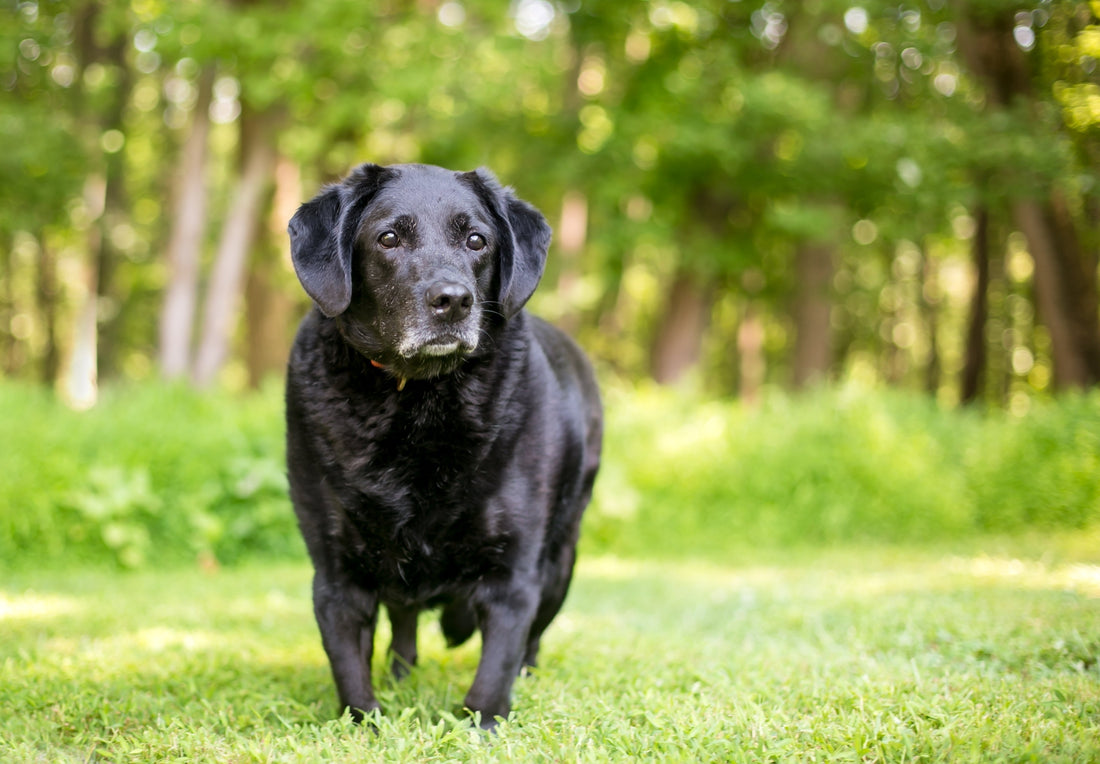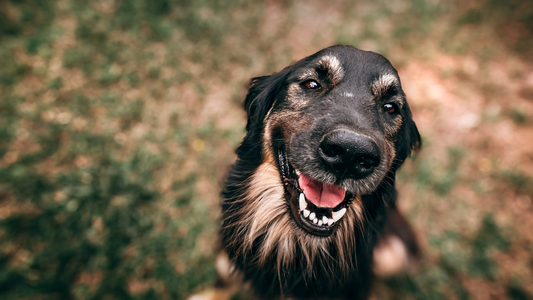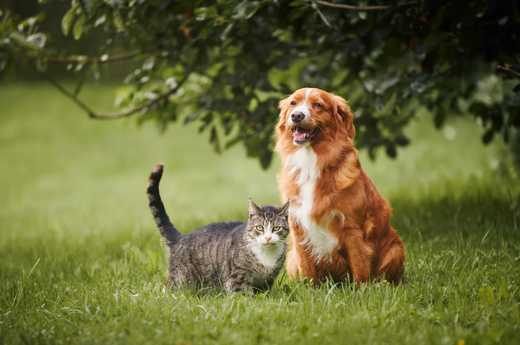Obesity in pets is a growing concern that can lead to numerous health problems, impacting their overall quality of life. At Healthy Pet Co., we believe in educating pet owners about the serious consequences of pet obesity. By understanding these effects, you can take proactive steps to ensure your canine companion or feline friend stays healthy and happy.
Joint Pain and Mobility Issues
Strain on Joints
Excess weight puts significant strain on your pet’s joints. This added pressure can lead to pain, inflammation, and difficulty moving. Over time, the constant strain can cause cartilage to wear down, leading to arthritis. Arthritis is common in overweight pets, causing chronic pain and reduced mobility.
Impact on Daily Activities
Pets with joint pain often struggle with daily activities. Simple tasks like climbing stairs, jumping onto furniture, or even walking can become challenging. This decreased movement can also contribute to further weight gain, creating a vicious cycle of obesity and joint pain.
Pet Diabetes
One of the most severe effects of obesity in pets is the development of diabetes. Excess fat can cause the body to become resistant to insulin, a hormone that regulates blood sugar levels. Insulin resistance leads to elevated blood sugar levels, which can result in diabetes.
Symptoms and Management
Symptoms of diabetes in pets include increased thirst, frequent urination, weight loss, and lethargy. Managing diabetes requires a combination of diet changes, regular exercise, and medication. It is crucial to work closely with your vet to monitor and manage your pet’s condition. Choose vet-certified and nutritionally transparent meals from our selection to ensure a balanced diet.
Cardiovascular Issues
Increased Heart Strain
Obesity puts additional strain on your pet’s heart. The heart has to work harder to pump blood through the extra body mass, which can lead to hypertension (high blood pressure) and other cardiovascular problems. Over time, this can weaken the heart and lead to heart disease.
Breathing Difficulties
Excess weight can also cause respiratory issues. The added fat around the chest and abdomen can restrict lung capacity, making it harder for your pet to breathe. This can lead to shortness of breath, decreased stamina, and difficulty with physical activity.
Digestive Problems
Gastrointestinal Issues
Obesity can affect your pet’s digestive system. Overweight pets are at a higher risk of developing pancreatitis, a condition where the pancreas becomes inflamed. This can cause severe abdominal pain, vomiting, and diarrhoea. If you’re unsure how to reduce your pet’s caloric intake, use our HPC calculator to determine how much your pet should be eating.
Liver Disease
Obesity can also affect the liver. Excess fat can accumulate in the liver, leading to a condition known as hepatic lipidosis or fatty liver disease. If not addressed promptly, this condition can impair liver function and cause serious health issues.
Increased Risk of Cancer
Tumour Development
Obesity is linked to a higher risk of developing certain types of cancer in pets. Although the exact mechanism is not entirely understood, it is believed that excess fat can produce hormones and inflammatory signals that promote cancer growth.
Common Cancers in Obese Pets
Some common cancers associated with obesity include mammary (breast) cancer, bladder cancer, and lymphoma. Regular vet check-ups and maintaining a healthy weight can help reduce the risk of these cancers.

Skin Problems
Skin Fold Infections
Overweight pets often have excess skin folds, creating a breeding ground for bacteria and yeast. These skin fold infections, known as intertrigo, can cause redness, itching, and foul odour. Keeping your pet’s skin clean and dry can help prevent these infections.
Poor Coat Condition
Obesity can also lead to a poor coat condition. Excess fat can interfere with your pet’s ability to groom properly, leading to matted fur, dandruff, and a dull coat. Ensuring your pet maintains a healthy weight can improve their coat and overall skin health.
Reduced Quality of Life
Decreased Activity
Obese pets are less active, affecting their mental and physical wellbeing. Reduced playtime and exercise can lead to boredom, anxiety, and depression. Encourage regular play and help your furry friend maintain a healthy weight to improve their quality of life and strengthen your connection at the same time.
Shortened Lifespan
Ultimately, obesity can shorten your pet’s lifespan. Studies have shown that overweight pets are more likely to suffer from chronic illnesses and have a reduced life expectancy compared to ones with healthy weight.
The Side Effects of Pet Obesity
Understanding the effects of obesity on pets is crucial for their health and happiness. At Healthy Pet Co., we are passionate about providing high-quality, vet-approved products and valuable information to help you care for your furry friends.
By recognising the risks associated with obesity, you can take proactive steps to ensure your pet lives healthier and longer. For more expert advice on pet health, visit our blog and explore our huge range of pet food and care. Together, we can help your pets live their best lives.




